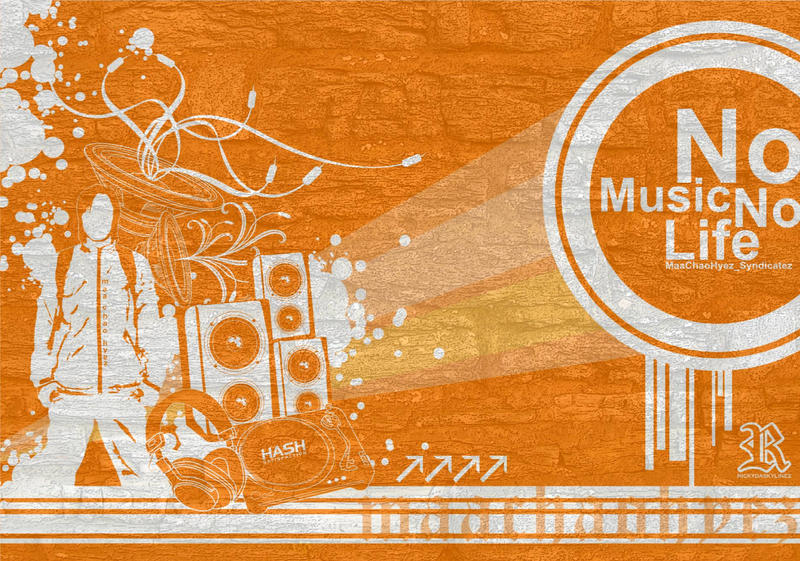Music and sound undoubtedly have a significant impact on our lives. It's easy to see that music may help enhance our moods, soothing us or energizing us in accordance with the song itself. In all likelihood, the production of "music" has an evolutionary basis in our species, beginning with the earliest homo sapiens. Humans seem to be some of the only animals on the planet who enjoy making melodies with sound, aside from birds and some cetaceans. And we have a very distinct appreciation of music. How often have you taken a moment to stop and listen to the wind whispering through the leaves of trees, or paid attention to the soft crash and suck of the tides, or taken notice of the pleasant chirping of birds? Although these examples may not precisely be your "taste," there are certainly some sounds out there that tend to move you in some way.
There is much precedence for this "emotional attachment" we have towards music. Take a newborn baby, for example. Have you ever noticed how frequently infants respond favorably to humming or cooing? A good lullaby is soothing to a baby's ears, and this melody will calm a young child down or perhaps even put him to sleep. This response to musical stimulus continues into adulthood. But taken in this light music may also be seen as a form of communication; the aforementioned lullaby is essentially a message of security to a baby, saying, "don't worry, it's safe to go to sleep, you'll be alright because I am here." These words may never be expressly stated, but the message gets across. This musical communication is also readily apparent in the drum cultures of Africa, the Buddhist gongs of Asia, the didgeridoo of the Australian Aboriginals, and the bells and wood claps of many cultures throughout the world. Musical messages resonate within us, and connect with us in a highly emotional and elemental way.
Music is easily recognizable as well, and certain songs are therefore absorbed into our consciousness. Songs we have learned as children may be retrieved even in old age, and due to this, music plays an important role in treating certain memory-related ailments like Alzheimer's. Speech therapists often incorporate music into the rehabilitation regimens of stroke victims. Music even has certain properties that make it "culturally cohesive:" simply put, music brings people together. Even if you don't understand the words of a song, you can surely appreciate the musical quality of a foreign song. And the history of music as a "rallying" mechanism (in warfare, sports events, religious ceremonies, and inspirational seminars etc) is well documented.
But aside from being just "culturally cohesive," music may also be holistically therapeutic, reducing your stress and helping you to achieve soundness of mind and body. Music may align with your "chakras" and promote physical and mental healing. Chakras are energy centers, like small vortexes, that resonate within your "etheric double" (your spiritual self), according to Ayurvedic theory. There are seven major chakras, and eight energy centers within the chakra system, just as there are eight basic notes on a musical scale. By aligning these chakras to an external sound source, called "building rapport," you may facilitate rapid healing within your body by removing stress and increasing your comfort, both with your environment and your neighbors.

No comments:
Post a Comment